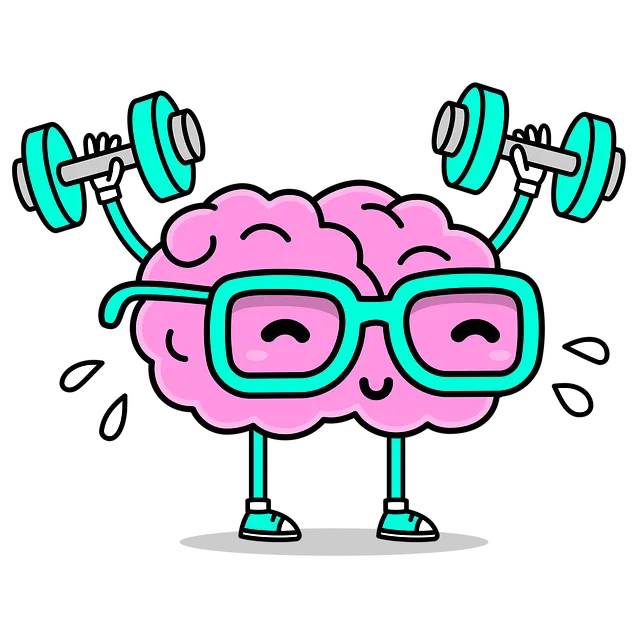The Westminster Kaiser Permanente Mental Health Access Center focuses on emotion regulation as a key factor in personal growth and well-being, offering tailored programs that enhance emotional intelligence (EQ). Their culturally sensitive approach ensures respectful interventions for diverse clients. Social Skills Training complements this by teaching communication and relationship-building techniques. Mindfulness training, cognitive-behavioral techniques, and crisis intervention guidance empower individuals to manage emotions effectively, promoting inner peace, resilience, and improved relationships. These holistic approaches help navigate emotional landscapes with greater ease and stability, benefiting both the individual and the community by reducing mental health crises and enhancing overall well-being.
Emotion regulation techniques are powerful tools that can transform lives, as demonstrated by programs at the Westminster Kaiser Permanente Mental Health Access Center. This article explores the science behind emotion regulation and delves into practical strategies taught at the center. We discuss how these techniques empower individuals to manage stress, anxiety, and other emotions effectively. By understanding and applying these skills, people can enhance their overall well-being, much like a symphony finding harmony after a chaotic melody.
- Understanding Emotion Regulation: Unlocking the Potential at Westminster Kaiser Permanente Mental Health Access Center
- Teaching Techniques: Practical Strategies for Effective Emotion Management
- Empowering Individuals: The Impact and Benefits of Learning Emotion Regulation Skills
Understanding Emotion Regulation: Unlocking the Potential at Westminster Kaiser Permanente Mental Health Access Center

At Westminster Kaiser Permanente Mental Health Access Center, understanding emotion regulation is recognized as a powerful tool for personal growth and well-being. It involves recognizing, managing, and responding to emotions in healthy ways, enabling individuals to navigate life’s challenges with resilience. The center offers comprehensive programs tailored to unlock the potential of emotional intelligence (EQ) among its diverse clientele.
One of the key approaches is integrating Cultural Sensitivity in Mental Healthcare Practice, ensuring that interventions are culturally competent and respectful. This involves tailoring strategies to meet the unique needs of different backgrounds, fostering a safe space for exploration. Additionally, Social Skills Training plays a significant role in teaching individuals effective communication and interaction techniques, enhancing their ability to express emotions and build supportive relationships.
Teaching Techniques: Practical Strategies for Effective Emotion Management

Teaching techniques play a pivotal role in fostering emotional well-being promotion among individuals. At the Westminster Kaiser Permanente Mental Health Access Center, experts emphasize practical strategies to enhance effective emotion management. One such approach involves mindfulness training, where individuals learn to focus on the present moment, thereby reducing reactivity to intense emotions. This simple yet powerful tool helps in calming the mind and body, enabling better coping mechanisms during stressful situations.
Additionally, cognitive-behavioral techniques are employed to challenge negative thought patterns contributing to emotional distress. By identifying and modifying these thoughts, individuals can reframe their perspective and respond to challenging situations with more resilience. Crisis intervention guidance is also integrated into the teaching process, equipping people with immediate strategies to manage intense emotions during emergencies. These holistic emotional healing processes, combined with consistent practice, empower individuals to navigate their emotional landscapes with greater ease and stability.
Empowering Individuals: The Impact and Benefits of Learning Emotion Regulation Skills

Learning emotion regulation skills empowers individuals to take control of their emotional well-being, fostering a sense of self-efficacy that can be life-changing. These techniques offer a powerful tool against mental health challenges, particularly depression and anxiety. By equipping people with strategies to manage and understand their emotions, they gain a deeper sense of inner peace and resilience. This enhanced emotional intelligence can lead to improved relationships and increased satisfaction in daily life.
The benefits extend beyond individual growth; it has implications for overall community health. With improved emotion regulation, individuals are better equipped to handle stressful situations, reducing the risk of mental health crises. This is especially relevant for those seeking support from centers like the Westminster Kaiser Permanente Mental Health Access Center, where access to quality mental healthcare can be transformative. By teaching these skills, we not only empower individuals but also contribute to a more resilient and supportive community.
Emotion regulation techniques, as taught at the Westminster Kaiser Permanente Mental Health Access Center, offer a powerful tool for enhancing well-being and quality of life. By equipping individuals with practical strategies, these programs empower them to navigate their emotions more effectively, fostering resilience and improving mental health outcomes. Through understanding and practicing these techniques, folks can unlock their potential for a more balanced and fulfilling life.





